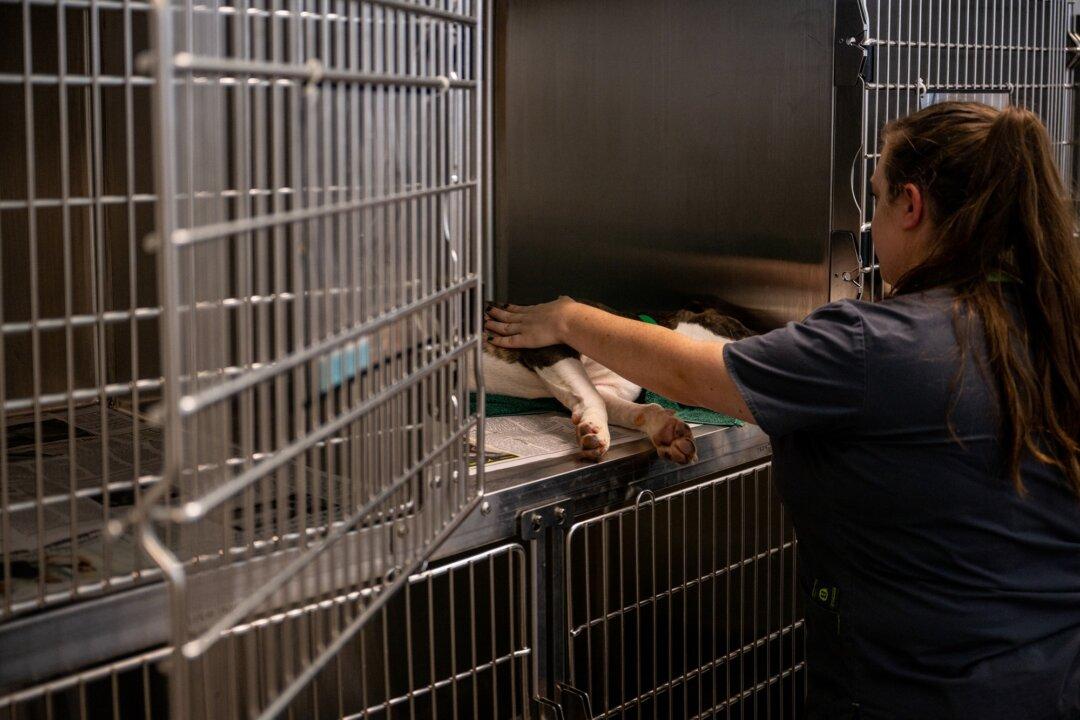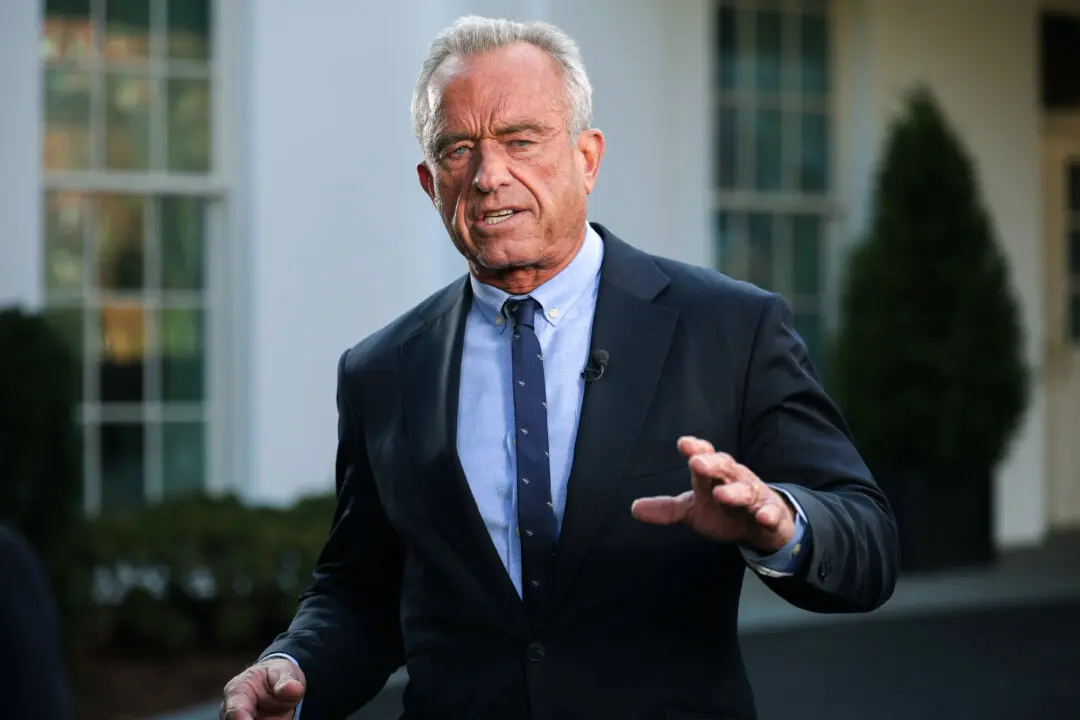A Texas law prohibiting veterinarians from remote care without first visiting animals violates U.S. constitutional rights, a federal appeals court has ruled.
The law unconstitutionally restricted the speech of Dr. Ronald S. Hines, a veterinarian, judges on the U.S. Court of Appeals for the Fifth Circuit said in the Sept. 26 ruling.





